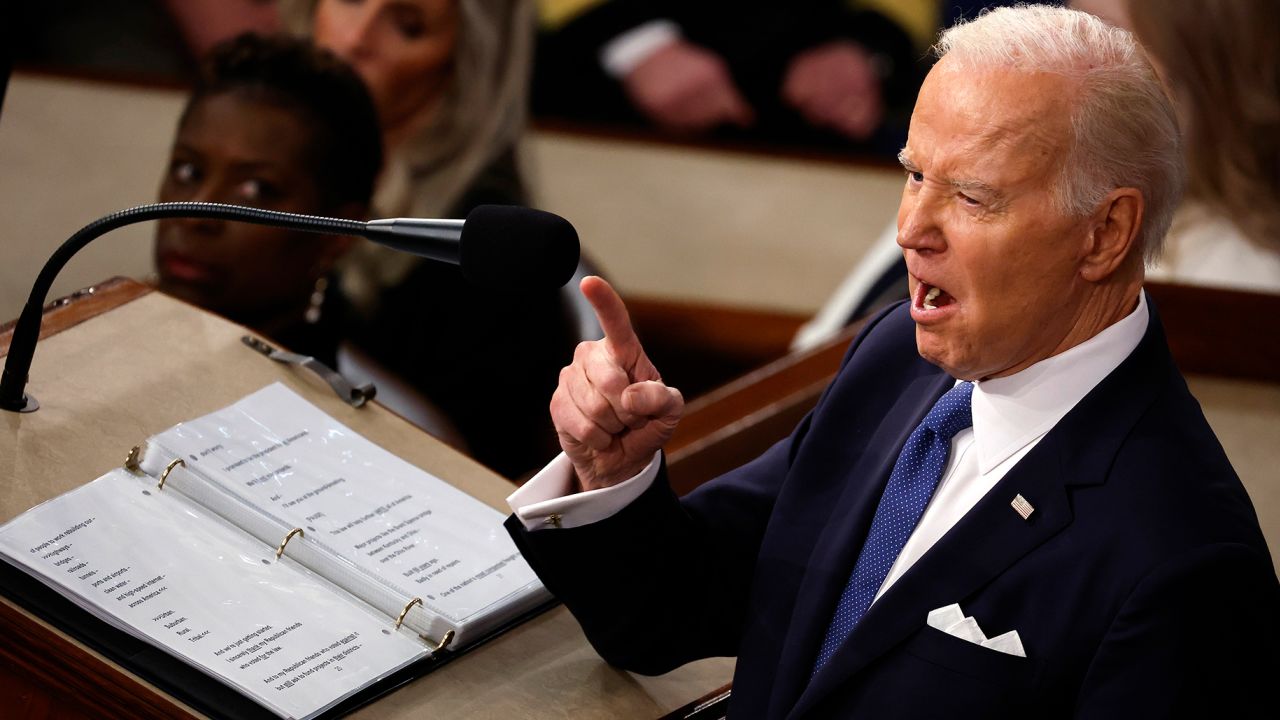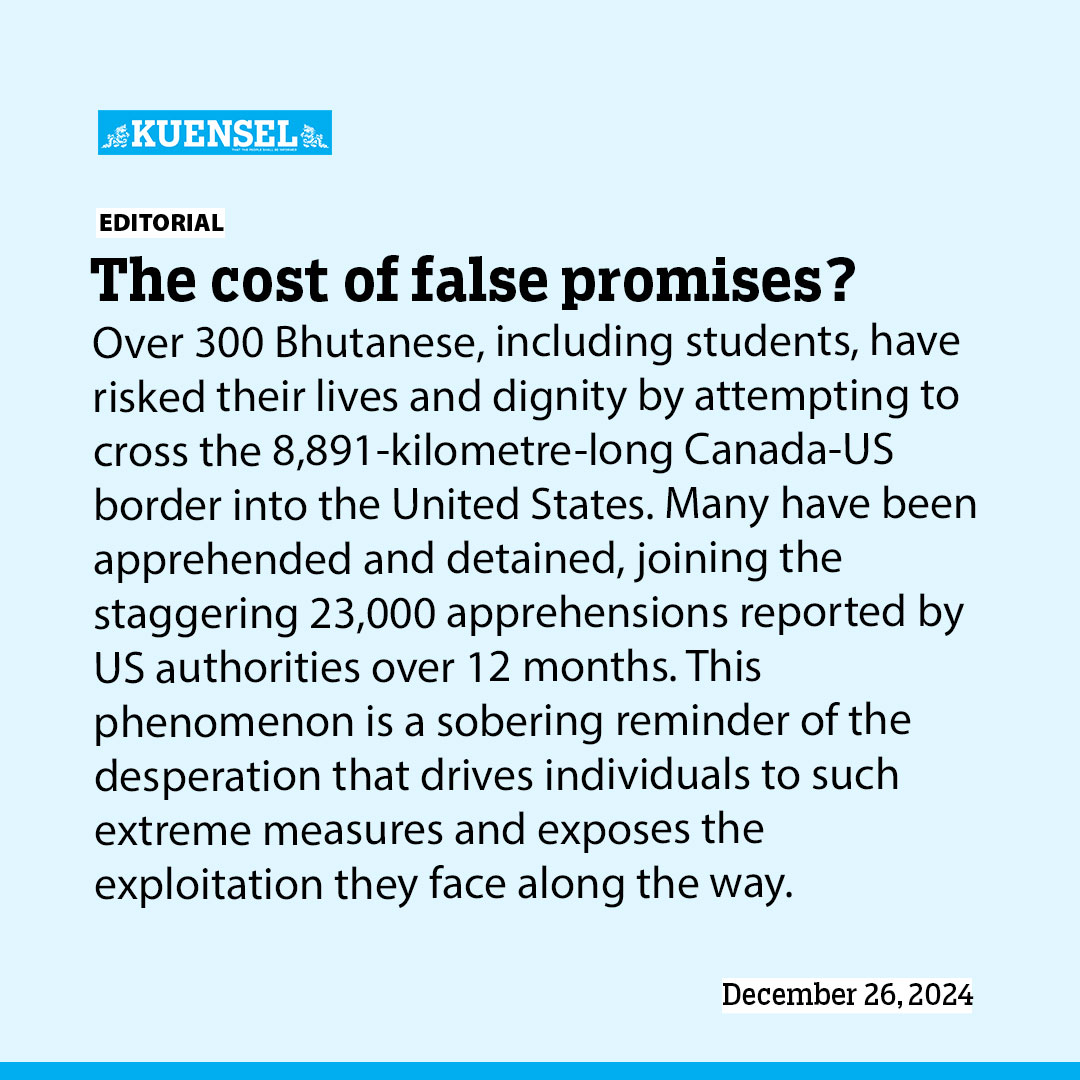(Trends Wide) — President Joe Biden warned starkly that he will protect the United States against Chinese threats to its sovereignty and pointed to President Xi Jinping in a striking escalation of a potential standoff over alleged spy balloons during his State of the Union address.
Biden brought Beijing to the attention of Beijing on Tuesday before millions of viewers in the United States and around the world, as diplomatic tensions with China soared and new details emerged about a vast Chinese balloon surveillance program.
In the highly symbolic choreography of the US-China relationship, Biden’s remarks were uncharacteristically blunt and raise questions about how Beijing will respond, even if his tone pointed to a charged domestic political context, as Republicans complain he was Too slow to shoot down the balloon.
Biden said in his speech at the House of Representatives that he had told Xi that Washington seeks “competition, not conflict.” But he also said that American investments in its alliances, military and advanced technologies meant that the United States was now in its strongest position in decades to compete with China and defend its interests.
“Make no mistake: As we made clear last week, if China threatens our sovereignty, we will act to protect our country. And we did,” Biden said, referring to the moment a US plane fired a missile on Saturday that blew up the balloon off the east coast of the US, after it had spent days rippling over the continental US and Canada.
Biden’s comments came on a theatrical stage and were designed in part to create political coverage. But the fact that a president warned China against violating US sovereignty was nonetheless a remarkable moment that underscored a serious geopolitical shift.
Moments later, in an off-the-cuff addition to his speech, Biden specifically named Xi, while lambasting autocracies and defending the superiority of democracies.
“Name me a world leader who would switch places with Xi Jinping. Name me one,” Biden said, referring to his Chinese counterpart, whom he last met in Indonesia last year and whom he has known for years. The president was almost yelling at the end of a sentence that could be read as dismissing China’s staggering economic emergency at a time when Xi’s aura has been tarnished by mismanagement of Covid-19.
Biden’s speech focused mostly on internal affairs. But his speech came at a time of geopolitical turmoil, with the United States simultaneously grappling with another nuclear rival: Russia. Biden praised the West’s efforts to counter President Vladimir Putin’s invasion of Ukraine and promised the Kyiv ambassador in the audience: “We will be with you as long as it takes.”
A rare united front in Washington
There is almost nothing uniting Democrats and Republicans in Washington.
But Biden’s comments underscored how opposition to China, which has been crystallizing here for several years, has now become a rallying point and unification in American politics. China has long mounted a vast intelligence campaign against the United States, using satellites and cyber and traditional data-gathering methods. The United States also has extensive intelligence operations against China. But the sight of a balloon tracking the US, visible from the ground and on mainstream TV coverage, encapsulated a potential threat to US sovereignty from China like never before, amid rumors of that a new Cold War could be dawning.
Biden’s candid comments were also an important milestone in the increasingly tumultuous competition between the United States and China. For much of the past 20 years, US policy has been designed to bring China into the world system as a competitor, but not as an adversary, even with its entry into the World Trade Organization.
But China’s enormous economic growth and its increasingly diplomatic belligerence have caused many Americans to see that approach as having failed. The fact that the United States has gone on to talk about the need to protect the Western-led, rules-based international system and the need to establish guardrails for the relationship is seen in China as an attempt to curb its legitimate destiny as world power.
Biden has seized on former President Donald Trump’s hostile turn against Beijing, which was fueled by the outbreak of a global pandemic originating in China, and has crafted sweeping new laws and policies that challenge China’s influence. In another sign of unified opposition to China, House Speaker Kevin McCarthy has called for a new bipartisan House committee dedicated to examining the perceived threat from the Chinese Communist Party.
And Trump, again illustrating a moment of escalating domestic political hostility toward Beijing, wasted no time catching up with Biden after Tuesday’s speech, signaling that attacks on China — often a feature of the presidential elections — will be intense in the 2024 campaign. That could further aggravate diplomatic tensions and fuel Beijing’s belief that the United States is determined to contain its rise.
The Trump campaign has vowed to impose travel and visa sanctions to “shut off Chinese access” to US secrets and promised new restrictions on Chinese ownership of US energy, technology, infrastructure, farmland, medical supplies and other assets. It was not immediately clear how Trump’s plans would differ from efforts already underway. And none of the tough new statements — from Biden and Trump — acknowledge the deep and intricate ties between the US and Chinese economies, which would make full decoupling a process that could cost both sides dearly. A direct military confrontation or a full-scale war would be even more ruinous for the world economy.
The next steps in the face of escalating anti-China rhetoric
A key question now is whether the heated US-China rhetoric—in many cases driven by domestic considerations—is a case of both sides jumping through a diplomatic hoop after a moment of turbulence, or whether it represents another new line of based on a deteriorating relationship similar to the fracture caused by former Democratic House Speaker Nancy Pelosi’s visit to Taiwan last year. He drew attention to the fact that Biden did not specifically mention the democratic island — perhaps the most likely trigger for a US conflict with China — in his remarks, possibly to avoid provoking further tensions.
As president, Biden has repeatedly claimed that he would defend Taiwan in the event of a Chinese attack — in an apparent rewrite of the long-held policy of strategic ambiguity on the issue — only for officials to insist that the US position hasn’t changed.
The president spoke as the already volatile situation with China around the globe worsened. China’s top official in Washington, Xu Xueyuan, had previously lodged “severe protests” in representations to senior State Department and Homeland Security officials, the Chinese embassy said in a statement, complaining that the United States had used force to attack the balloon National Security Council spokeswoman Adrienne Watson responded dismissively, saying: “It was clear they are fighting for damage control, rather than credibly addressing their intrusion into our airspace.”
China initially expressed regret over what it claimed was a civilian aircraft that had crossed US airspace. But his response has hardened since the balloon was shot down. The Pentagon said on Tuesday that China had rejected a request by US Defense Secretary Lloyd Austin to hold talks with his Beijing counterparts after the shootdown. What is unclear now is whether the Chinese stance will lead to months of communication breakdown between the rivals — a dangerous situation given the proximity of their forces and the possibility of a miscalculation in the South China Sea — or if, once the rhetorical bombast is over, they will resume the dialogue.
When Secretary of State Antony Blinken postponed his trip to Beijing because of the balloon confrontation, he was careful to say he was “postponing” it, not giving up the trip. But there is still no indication that conditions have stabilized to the point that the trip, which was meant to address the kind of tensions that exacerbated the balloon issue, could take place any time soon.
One danger is that growing hostility to China in Washington, which many senior leaders see as stemming from Xi’s increasingly nationalistic and abrasive foreign policy, hampers a much-needed domestic debate on how to manage China policy. Today, the irresistible political impulse is for politicians to outdo each other to show they are tough on Beijing. But this anti-China fervor, seen on both sides of the aisle, hardly helps to ease tensions, as evidenced by the way Republicans immediately condemned Biden for his balloon response.
Suspicions of Beijing will not have been helped by revelations about the scope of the Chinese balloon program on Tuesday. US intelligence services believe that a vast surveillance program run by the Chinese military is based in Hainan province and has carried out at least two dozen missions over at least five continents in recent years. About half a dozen of those flights have taken place within US airspace, though not necessarily over US soil, according to an official familiar with the information.
Simultaneous confrontations against nuclear superpowers
The president delivered his speech at a tense moment, with the United States locked in simultaneous confrontations with China and Russia. Those two nuclear superpowers have grown closer in a new era of great power politics that Biden sees as a struggle between democracy and tyranny. Biden framed the Russian invasion of Ukraine as “a test of the times, a test of America, a test of the world” and an example of how America was working for more “freedom, more dignity and more peace.”
His comments on Russia immediately followed those on China, so it was impossible to miss the symbolic synergy between his policy toward both nations in expounding what could be seen as a Biden doctrine of support for democracies in the face of autocracies and growing attempts to of nations like Russia and China to apply their power beyond their borders.
Jennifer Hansler, Katie Bo Lillis, Jeremy Herb, Josh Campbell, Zachary Cohen, Kylie Atwood y Natasha Bertrand contribuyeron a este reportaje.






